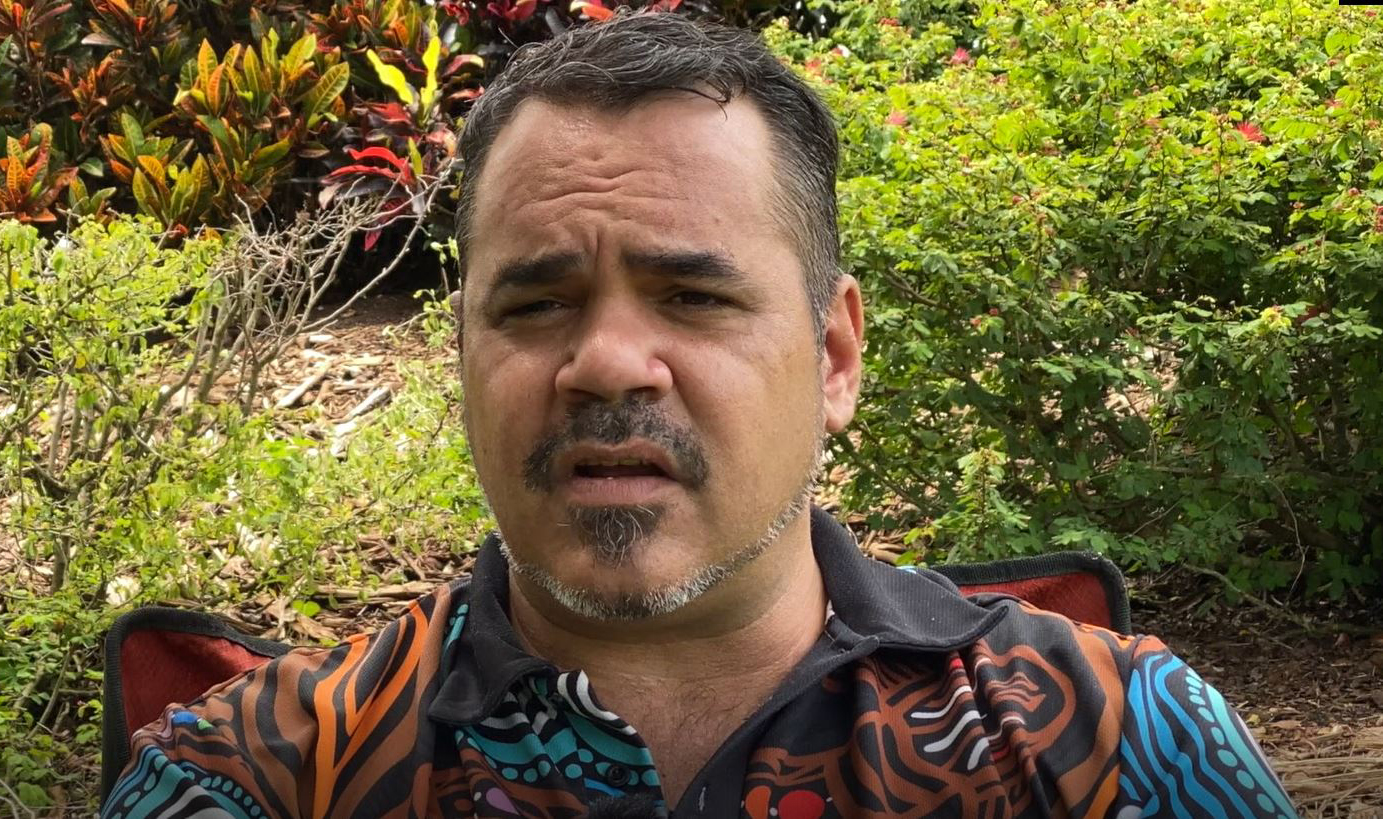New video for health workers illustrates culturally safe advance care planning for Aboriginal and Torres Strait Islander communities
New video for health workers illustrates culturally safe advance care planning for Aboriginal and Torres Strait Islander communities
Thursday, March 25, 2021
Encouraging conversations around end-of-life is challenging, but a new video, Discussing Choices - Indigenous Advance Care Plans – A Learning Resource featuring the Groote Eylandt community, has demonstrated that conducting culturally safe end-of-life discussions is a skill that can be learnt.
Palliative Care Australia (PCA) is proud to launch the Discussing Choices - Indigenous Advance Care Plans video during Advance Care Planning Week, an annual initiative by Advance Care Planning Australia that encourages all Australians, regardless of their age or health status, to make their future health care preferences known.
PCA Chair Professor Meera Agar says this video, developed in collaboration with Palliative Care Northern Territory (PCNT) and Formation Studios, shares learnings and tips to conduct culturally sensitive discussions around advance care planning and end-of-life with Aboriginal and Torres Strait Islander people.
“Discussing Choices - Indigenous Advance Care Plans” demonstrates that conducting culturally safe end-of-life discussions is a skill that can be learned by health professionals, which will significantly benefit the communities they support. The Groote Eylandt community has been successful in this process, which is why it was chosen to illustrate these principles in the video,” says Professor Agar.
The "Discussing Choices - Indigenous Advance Care Plans” video is available online.
Warning: Aboriginal and Torres Strait Islander people may find content in this film upsetting.
Conducting difficult discussions
As a health professional, encouraging conversations around end-of-life is challenging. The same is true for many Aboriginal and Torres Strait Islander peoples; talking about 'death and dying' can be uncomfortable. Culturally, discussing this topic can be viewed as “tempting fate” while viewing images of a person who has died, or using their name in conversation, can impact that person’s journey.
“For Aboriginal people, when it comes to end-of-life care, culture, kinship and Country are probably our most important things. Being able to have your wishes written down in terms of returning to Country is really important,” says PCNT President Jonathan Dodson-Jauncey.
“In a day and age where Aboriginal culture is in some cases slowly being lost, it’s crucial that our people can be back on Country to share the song and the story, and to pass on the cultural information to the next generation.”
Why advance care planning matters
A recent survey by PCA tells that almost everyone who had to make healthcare decisions on behalf of a terminally ill loved one found it helpful to know their wishes. However, the same survey revealed over 54% of Australians have done nothing yet to share their choices for how they’d like to receive care, or end-of-life wishes.
Planning for what you would want to happen if you were to get very sick or near the end of your life is essential. Not only does it empower you and gives you control based on your values, but it also lightens a burden of decisions on your loved ones.
“Advance Care Planning Week is the ideal setting for all people to reflect on their end-of-life wishes and to share them with their loved ones and health professionals. I strongly encourage all Australians to have these discussions as early as today,” concluded Professor Agar.
Media contact: Jeremy Henderson – 0425 559 710 – jeremy.henderson@palliativecare.org.au
